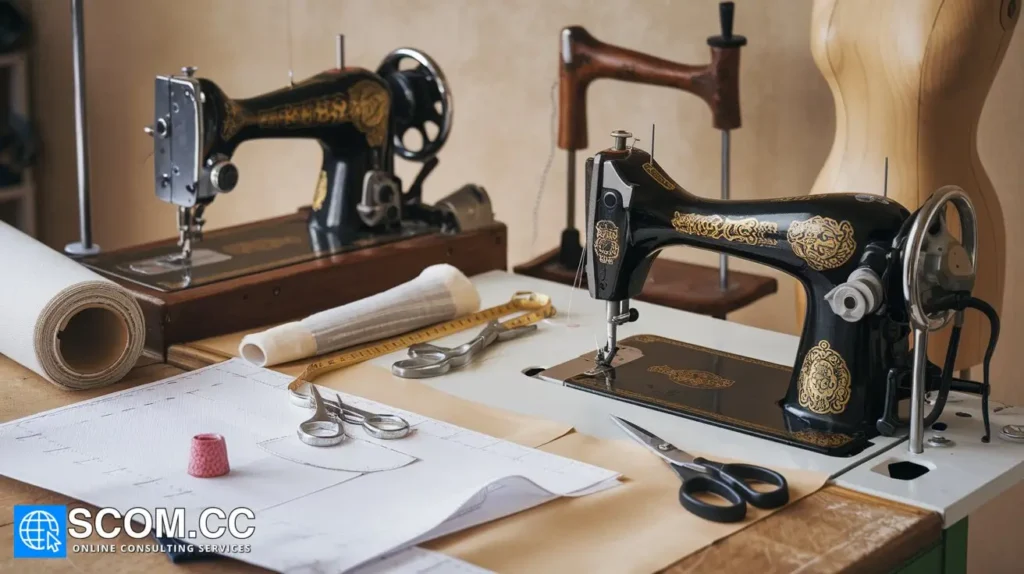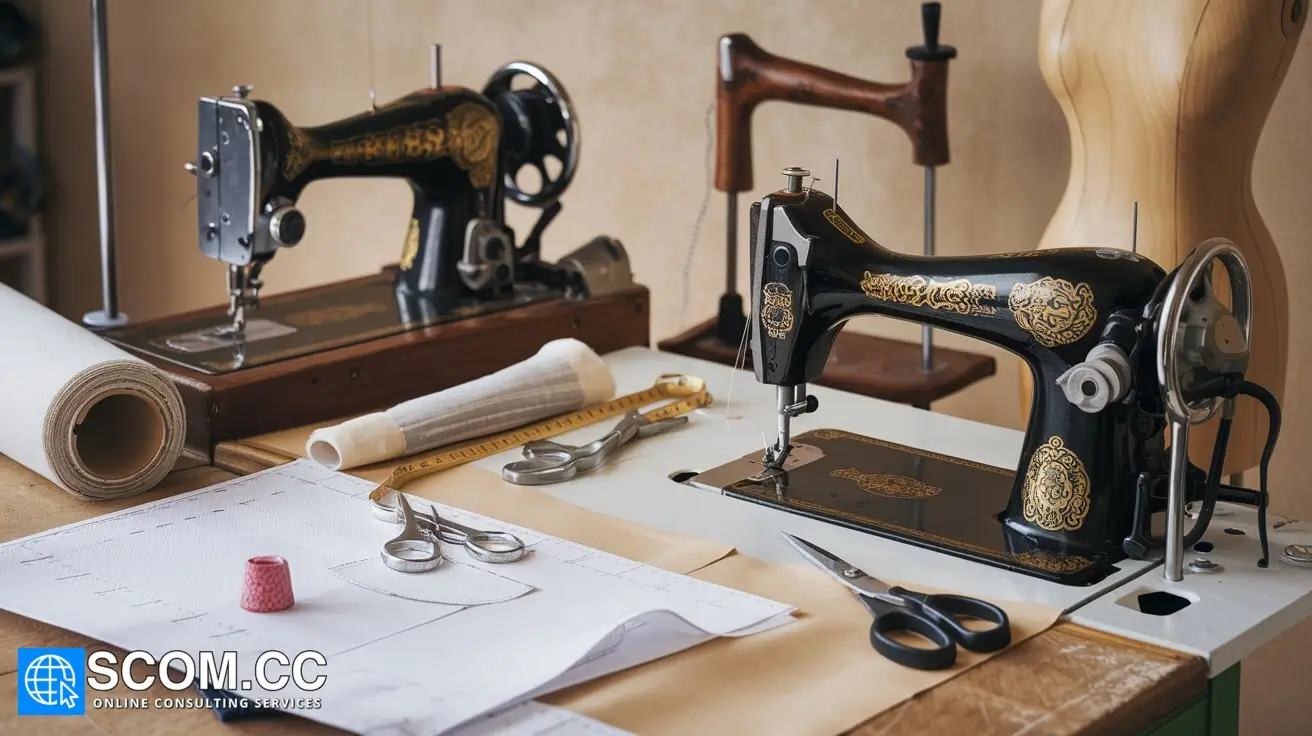The Best Fabrics for Creating Custom Suits

The Best Fabrics for Creating Custom Suits
When crafting a custom suit, the choice of fabric is paramount. The right fabric not only defines the suit's appearance but also affects its comfort, durability, and overall style. This guide delves into the best fabrics for creating custom suits, highlighting their unique properties, benefits, and considerations to help you make an informed decision for a tailored garment that meets your needs and preferences.
1. Wool Fabrics
1.1 Merino Wool
Merino wool is renowned for its fine texture, softness, and natural elasticity. It is a premium choice for suits due to its luxurious feel and excellent drape.
- Properties: Merino wool is lightweight, breathable, and moisture-wicking, making it ideal for year-round wear. It is also less prone to wrinkling and retains its shape well.
- Best Uses: Merino wool is perfect for high-quality business suits, offering both comfort and elegance. It can be used for both formal and semi-formal occasions.
1.2 Tweed
Tweed is a traditional wool fabric known for its durability and distinctive texture. It is typically woven with a herringbone or check pattern.
- Properties: Tweed is heavier and warmer compared to other wool fabrics, making it suitable for cooler climates. It is highly resistant to wear and tear.
- Best Uses: Tweed suits are ideal for casual and country settings. They offer a classic, rugged look that is both stylish and practical.
1.3 Super 100s to 150s Wool
Super 100s to 150s refer to the fineness of the wool fibers used in the fabric. The higher the number, the finer and softer the wool.
- Properties: Super 100s wool provides a balance of softness and durability, while Super 150s wool offers a more luxurious and delicate feel. Both are breathable and offer a high-quality drape.
- Best Uses: These fabrics are suitable for high-end business and formal suits. Super 150s is particularly favored for its refined appearance and feel.
2. Linen
2.1 Classic Linen
Classic linen is made from the fibers of the flax plant and is known for its lightweight and breathable properties.
- Properties: Linen is highly absorbent and dries quickly, making it ideal for warm weather. It has a natural, relaxed look but is prone to wrinkling.
- Best Uses: Linen suits are perfect for summer events, casual outings, and tropical climates. They offer a laid-back, yet sophisticated appearance.
2.2 Silk-Linen Blend
Silk-linen blend combines the luxurious sheen of silk with the breathability of linen.
- Properties: This blend enhances the smoothness and elegance of the fabric while maintaining linen's lightweight qualities. It also helps reduce the tendency to wrinkle.
- Best Uses: A silk-linen blend suit is suitable for formal summer events or occasions where a touch of luxury is desired.
3. Cotton
3.1 Traditional Cotton
Traditional cotton suits are known for their comfort and breathability. Cotton is a versatile fabric with a soft and smooth texture.
- Properties: Cotton is soft, absorbent, and durable. However, it is less resistant to wrinkling and may require more frequent pressing.
- Best Uses: Cotton suits are well-suited for casual and semi-formal events, offering a relaxed yet refined look.
3.2 Cotton-Blend Fabrics
Cotton-blend fabrics incorporate other fibers such as polyester or elastane to enhance performance.
- Properties: Blends improve the fabric's resilience, reduce wrinkling, and add stretch for greater comfort. These blends often combine the best of cotton with the durability of synthetic fibers.
- Best Uses: Cotton-blend suits are ideal for everyday wear and business settings, offering practicality and style.
4. Cashmere
4.1 Pure Cashmere
Pure cashmere is a luxury fabric derived from the soft undercoat of cashmere goats. It is known for its supreme softness and warmth.
- Properties: Cashmere is incredibly soft, lightweight, and insulating. It provides a luxurious feel but can be delicate and requires careful handling.
- Best Uses: Cashmere suits are best suited for formal occasions and cooler climates, offering unparalleled comfort and sophistication.
4.2 Cashmere-Wool Blend
Cashmere-wool blend combines the softness of cashmere with the durability of wool.
- Properties: This blend enhances the suit's warmth and softness while improving durability and reducing cost compared to pure cashmere.
- Best Uses: A cashmere-wool blend suit is versatile, suitable for both business and formal events, and offers a touch of luxury without the high price tag of pure cashmere.
5. Synthetic Fabrics
5.1 Polyester
Polyester is a synthetic fabric known for its durability and resistance to wrinkles and stains.
- Properties: Polyester is strong, resistant to fading, and often less expensive than natural fibers. It is also easy to care for but may lack the breathability of natural fabrics.
- Best Uses: Polyester suits are ideal for budget-conscious buyers and for those seeking a low-maintenance option. They are commonly used for workwear and uniforms.
5.2 Poly-Wool Blend
Poly-wool blend combines the natural qualities of wool with the resilience of polyester.
- Properties: This blend enhances the suit's durability, wrinkle resistance, and affordability. It retains many of wool's positive attributes while providing additional strength and ease of care.
- Best Uses: Poly-wool blend suits are suitable for business and everyday wear, offering a practical solution that balances performance and cost.
6. Velvet
6.1 Classic Velvet
Classic velvet is a plush fabric known for its rich texture and luxurious appearance.
- Properties: Velvet has a soft, smooth surface with a distinctive sheen. It is often used for formal wear and evening suits, providing a dramatic and elegant look.
- Best Uses: Velvet suits are perfect for special occasions, evening events, and formal gatherings where a statement piece is desired.
Conclusion
Choosing the right fabric is crucial in crafting a custom suit that not only looks exceptional but also provides comfort and functionality. From the luxurious feel of cashmere to the practical resilience of synthetic blends, each fabric offers unique benefits tailored to different needs and occasions. By understanding the properties of these fabrics, you can make an informed choice and create a suit that meets your style and performance requirements.

To explore more about tailoring, visit our Blog of Tailoring. If you have any questions or need assistance, go to our contact page. Additionally, you can find more information about tailoring and consulting at this tailoring and consulting portal.

Leave a Reply